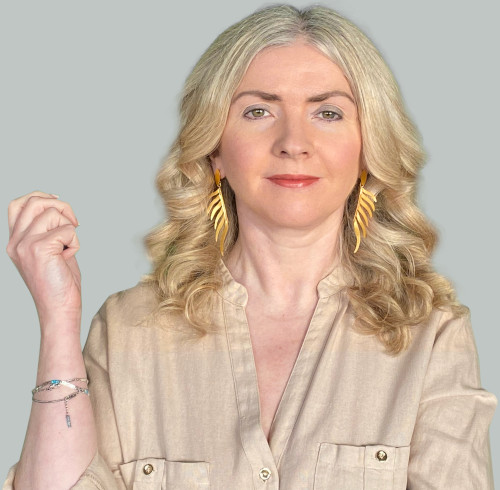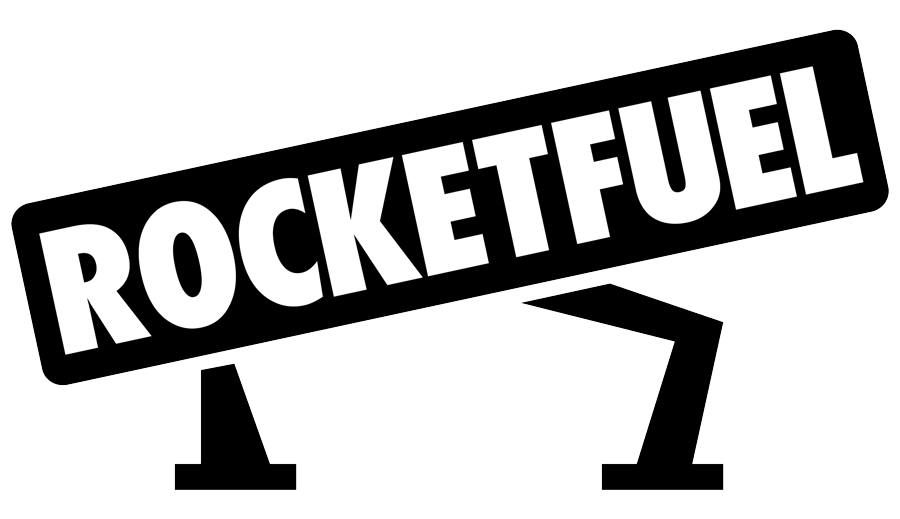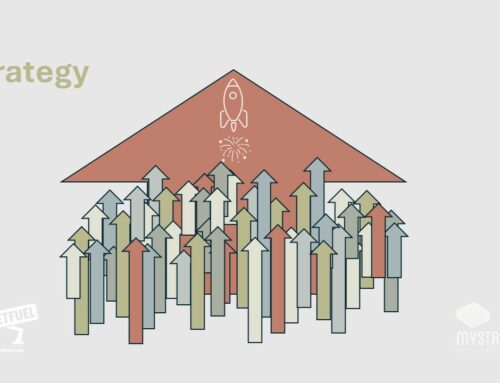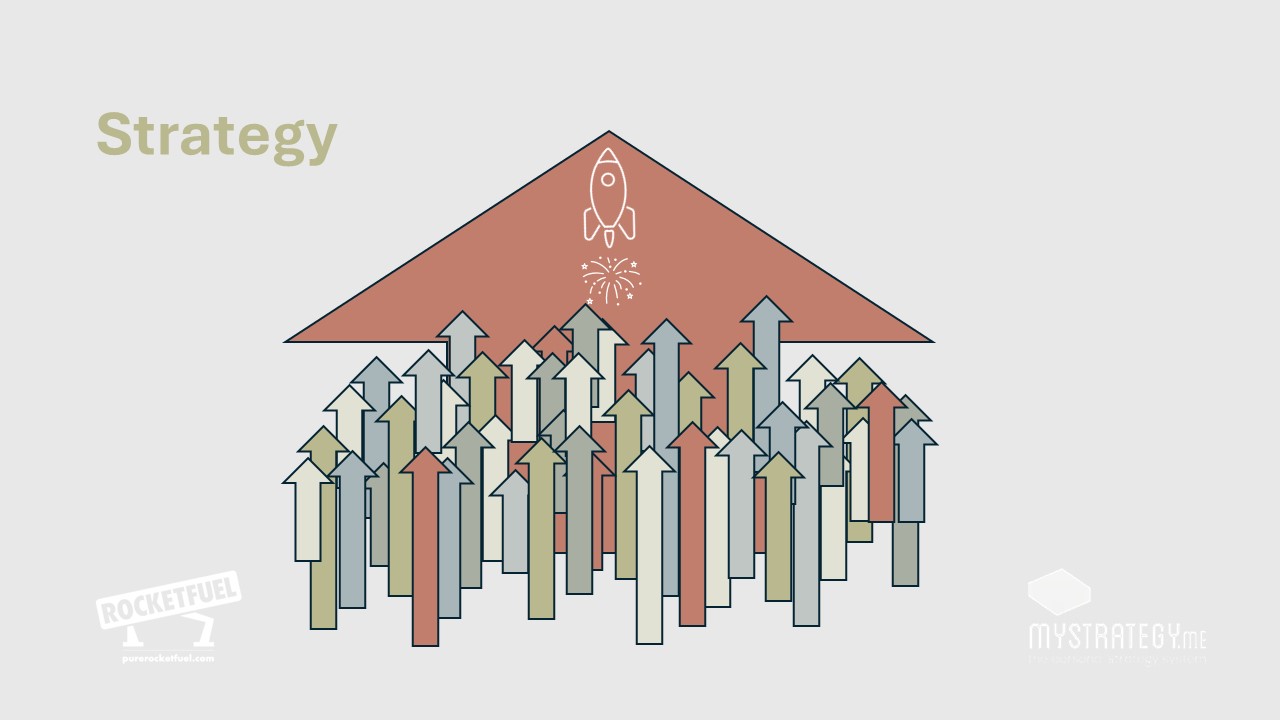
Sometimes we need to slow down and find focus in order to speed up, says Leadership & Performance Coach, Davina Greene.
Have you ever wondered how a company can make thousands of people, spread across the planet, achieve a common goal, while you – with your one body and one brain – just cannot seem to make it happen for yourself?
There’s a great saying in coaching: “What you focus on will develop”. We all have lots of ‘stuff’ whirring around in the back of our minds – random thoughts, hopes, dreams, niggles, grudges, doubts, questions…all sorts. Enthused, distracted or worried by all of it in combination, we find ourselves going nowhere fast despite the fact that our brains feel like they are working overtime.
What Do We Mean By Focus?
Focus requires stopping to think in depth. Companies stop to reflect all of the time – meetings, report-writing, away-days, strategy planning… – and, in the right amounts, it serves a great purpose. But we rarely seem to afford ourselves the same time for reflection in our own day-to-day lives. Effective companies understand themselves very well; effective people do, too.
What are you really working on in your life right now, in any area? If the people closest to you tried to write an article about you, based on months of recent observation, what would they write? Beyond “she’s very nice”, “a lovely friend” or “a great mum”, would an aim, strategy or other driving force be detectable? For many people, the answer is no.
Just as we can “fall into” jobs, we fall into life roles and align ourselves with what others are doing. We mistakenly believe that being aware of something is the same as focus. We use electronics, rather than the pen and paper that really connects the brain and the body. We expect things to be easy, giving up on the first attempt, the modern desire for effort having seemingly diminished.
The Benefits of Focus
To lean again on a common phrase from coaching circles: “If you always do what you’ve always done, then you’ll always get what you always got”. You have limited time on this planet, so it seems a good plan to use that time to achieve things that actually mean something to you and will give you a sense of accomplishment as you look back.
Beyond your own conscious actions, making choices instructs your subconscious what to pay attention to. Those corner-of-the-eye pieces of helpful information will begin to appear in full view, rather than letting you walk on by in a haze of busy-ness and distraction. It is also true that, if people know your focus – and see it in action, witnessing your dedication – they are far more likely to step up and help, perhaps even without being asked.
Focus brings peace of mind. We love to complicate things, either to make ourselves feel important or so that we can give the impression of never having time to start something (and therefore can never run the risk of failing at it). But watch what happens when you replace the twenty vague ideas in your head with two well-considered priorities: faster progress and, ultimately, achievement.
Focus is strategic. You can have a bit of a strategy for certain parts of your life, or you can sit and wait for other people to give you a role in theirs (I bet you can rattle off this year’s work objectives without any problem whatsoever!). Either can work, depending on what you’d like your life to look like over your 80+ years, but you need to be sure that the latter isn’t going to leave you with regrets and frustrations in the end.
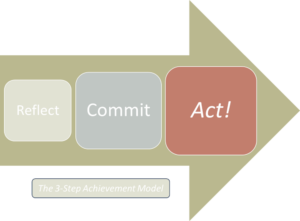
It’s easy to be told what to do, if you have no plan of your own, and many are content with that outlook. This is absolutely fine, as long as it’s a choice and not an unconscious event that will cause despair at a later date.
Where should you be placing your focus right now? Only you can decide that, so grab a pen and get thinking!
Key Tips Around Focus
- Pause! Now choose your 1-3 real priorities.
- Write down your likely distractions. Be ready for them.
- Tell people what you are focusing on, for both support and accountability.
- Take out a calendar and set a visible deadline per step, and overall.
- Commit to putting yourself first in the queue sometimes. It’s self-preservation, not selfishness.
- Stop taking pride in multitasking and exhaustion. You are neither machine nor superhero.
- People with little vision may try to belittle your efforts, so create boundaries.
Interested in investing in your own personal – and personal strategy – development? Check out www.MyStrategy.me!
Share This!
About the Author
